This week’s prompt could not be more perfect for the current situations going on in our world – what does it mean to be literate?! I don’t know about my fellow teachers, but I am exhausted after this week!! It was jam packed with bad and surreal news – 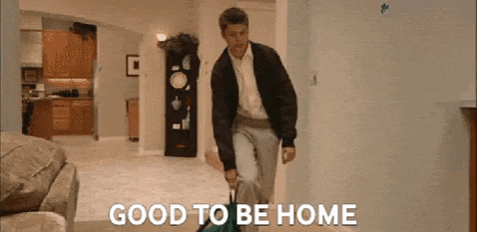 provincially and globally. And with all this uncertainty circling the STF sanctions as well as the pandemic of COVID-19, it has left A LOT of opportunity to have a lot of real conversations with my students. I have to say, the overall maturity my students have shown this week has been impressive, even if it has come with it’s fair share of debate as well. We have had a chance to dive into these topics, what it means for them, look at different sides of the arguments, and generally appreciate where our province and our world currently is. We have discussed the dangers of misinformation and the importance of being informed by the right sources. If there is one take-away from this week I have learned, it’s that there is a time and place for social media, and there are other times to just step back and let go. I think this week has been really informative for students to test how digitally literate they really are!
provincially and globally. And with all this uncertainty circling the STF sanctions as well as the pandemic of COVID-19, it has left A LOT of opportunity to have a lot of real conversations with my students. I have to say, the overall maturity my students have shown this week has been impressive, even if it has come with it’s fair share of debate as well. We have had a chance to dive into these topics, what it means for them, look at different sides of the arguments, and generally appreciate where our province and our world currently is. We have discussed the dangers of misinformation and the importance of being informed by the right sources. If there is one take-away from this week I have learned, it’s that there is a time and place for social media, and there are other times to just step back and let go. I think this week has been really informative for students to test how digitally literate they really are!
So, what does it mean to be digitally literate in today’s world? Common Sense Media defines digital literacy as the “ability to effectively find, identify, evaluate, and use information. Digital literacy specifically applies to media from the internet, smartphones, video games, and other nontraditional sources.” I think in today’s world, it is greatly important to be literate online, especially with all the misinformation and the dangers that it presents. However, it does extend beyond just being digital literate. In my major project, I plan to begin with digital literacy in my ELA course and then extend this to include other forms of literacy, especially those in literature. It’s important to improve on skills like lateral reading and being as unbiased as possible when navigating the world’s information as discussed in my reading from this week. This does not just apply to recent news. It also applied to many different facets of life, including things like health, wellness, and general information.
If you were looking for a “new diet” for example, it’s important to do your research and not buy into the first fad diet you come upon. The same goes for the latest workout plan or the latest information when raising young children. You cannot believe the first thing you read, and it’s important we give students to tools to be successful in life beyond the classroom. Being literate obviously includes making smart and informed decisions, and it includes steps in Fren Blumburg’s interview with Renee Hobbs including access skills like reading and listening and using a computer appropriately, analysis of a given piece of information, collaboration with others, reflection on who is affected or what the 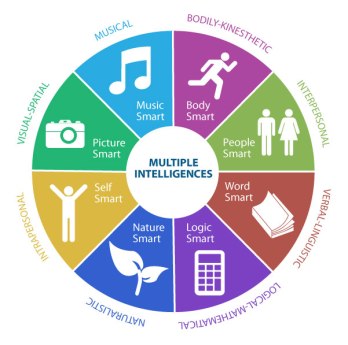 purpose is, and action related to changing the society we live in. Leigh’s post discussed the idea of multiple intelligences, and she is completely correct. We all have a range of multiple intelligences, and it is important to improve them all throughout our lives as some pieces are stronger than others. These multiple intelligences help improve our overall literacy which I believe makes us more rational, intelligent, well-rounded people.
purpose is, and action related to changing the society we live in. Leigh’s post discussed the idea of multiple intelligences, and she is completely correct. We all have a range of multiple intelligences, and it is important to improve them all throughout our lives as some pieces are stronger than others. These multiple intelligences help improve our overall literacy which I believe makes us more rational, intelligent, well-rounded people.
There are many types of literacy, just check out this infograph here. It is incredibly important to be vastly literate in a variety of facets, and to have the skills to improve on these different literacies. They range from media, digital, visual, data, game, health and finance, civic and ethical, news, computational and coding and foundational literacy. One not mentioned on this list that I spend much of my days as a teacher on is mathematical literacy. And this is also where people bring up their pitchforks and claim “I hate math.” But it goes much farther beyond computational mathematics and more about a way of problem-solving and rational thinking. Even the Saskatchewan curriculum states that mathematical goals include logical reasoning, number sense, spatial sense, and math as a human endeavor. The curriculum states, “All students benefit from mathematics learning which values and respects different ways of knowing mathematics and its relationship to the world” and “the more exposure that all students have to differing ways of understanding and knowing mathematics, the stronger students will become in their number sense, spatial sense, and logical thinking.” 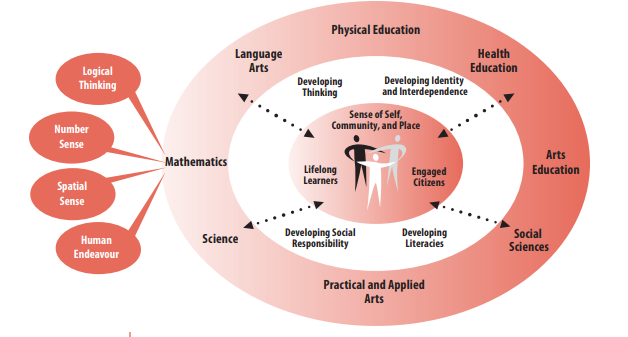
Teaching AP Calculus over the last few years has really changed my perspective on mathematics and what I want my students to gain from a course. It’s changed from teaching content for the next level to understanding the process and applying it to new scenarios. The thing I’ve learned as a math teacher is most of my students won’t use math in their daily lives the way we study it in school so it is important that they come away with skills that they can use in their daily lives, like being challenged, problem-solving, and thinking rationally when faced with a difficult situation, in a way improving their mathematical literacy without really knowing it!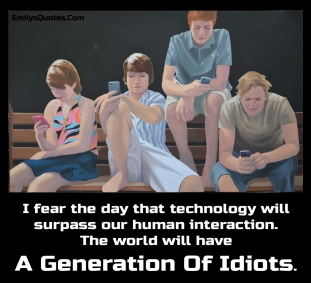
Overall, improving our literacy is very important and helping our students be well-rounded is just as critical in this world. We tend to focus a lot of digital literacy in this course and it’s being pushed much more recently in schools as well. It is a very important skill, but so are many of the other pieces of being literate. Let’s not forget to have growth, we need to encourage it in all aspects of life, struggle, and find balance in all things.
Until next time,
Shelby

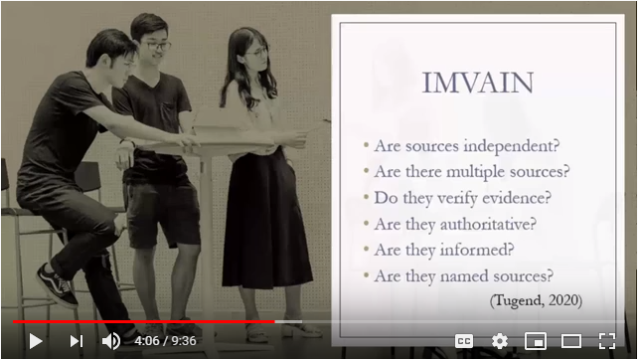
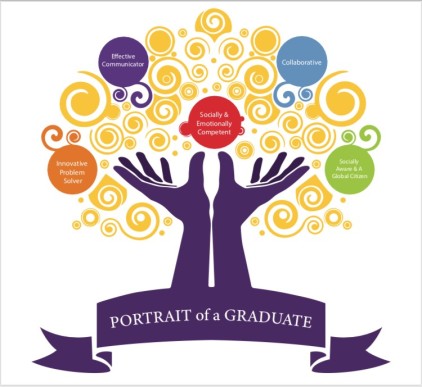
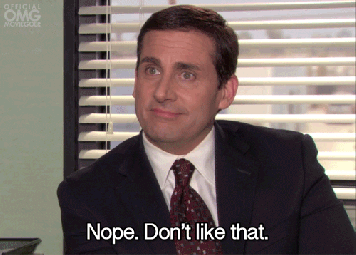
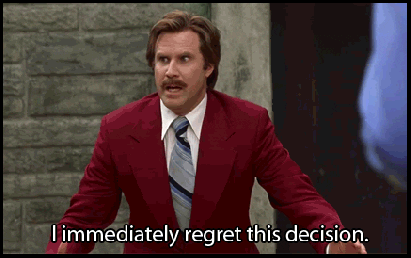
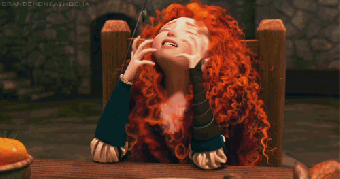 researching because I assumed they had figured it out by the time they got to me. I was soooo wrong. This year, I am really trying to focus on finding credible sources and having high expectations for the resources they use online. It is time consuming, but I know it is worth it! In Alina Tugend’s article,
researching because I assumed they had figured it out by the time they got to me. I was soooo wrong. This year, I am really trying to focus on finding credible sources and having high expectations for the resources they use online. It is time consuming, but I know it is worth it! In Alina Tugend’s article, 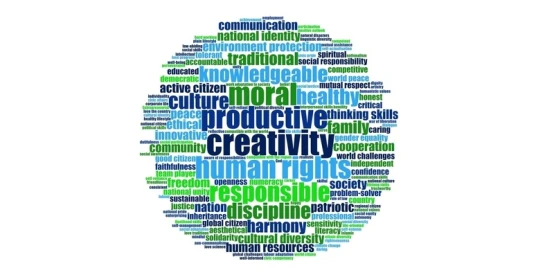
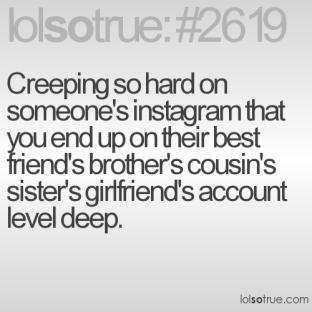
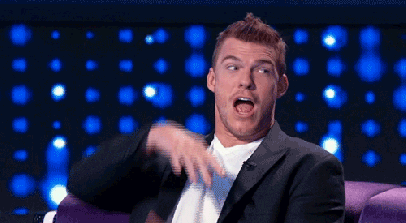
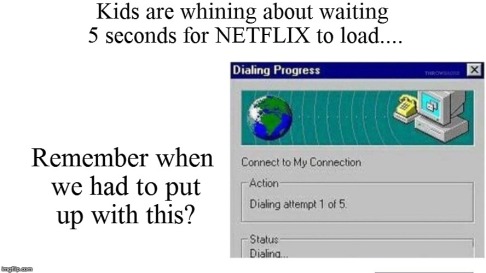
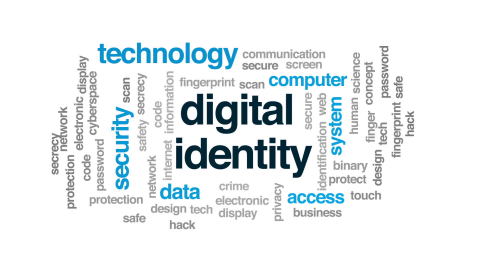
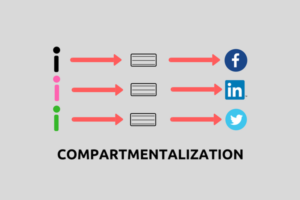
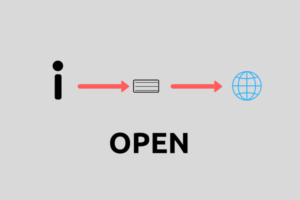
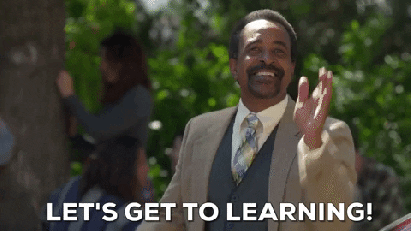











 teaching. I’ve taught many different courses over the years, and have finally settled into my chosen path of senior English and Math. Currently, I am teaching grade 11/12 English, and Calculus. Second semester is just around the corner and I will begin helping my Calculus students transition to AP Calculus and help them study and get ready for their AP exam in May. As well as teaching, I help coach the senior girls basketball team and coach track and field in the spring.
teaching. I’ve taught many different courses over the years, and have finally settled into my chosen path of senior English and Math. Currently, I am teaching grade 11/12 English, and Calculus. Second semester is just around the corner and I will begin helping my Calculus students transition to AP Calculus and help them study and get ready for their AP exam in May. As well as teaching, I help coach the senior girls basketball team and coach track and field in the spring. usually spent camping, hiking and biking all over the place. We already have our camping spot booked in Lake Louise this summer!
usually spent camping, hiking and biking all over the place. We already have our camping spot booked in Lake Louise this summer!